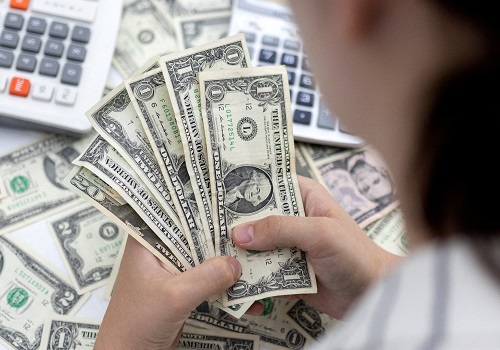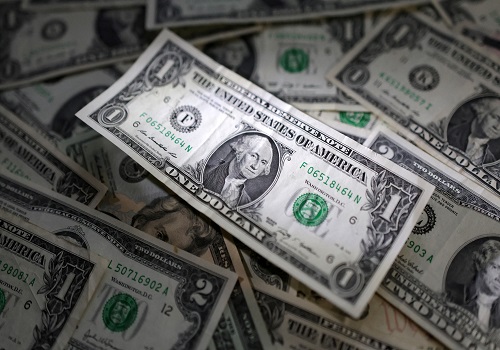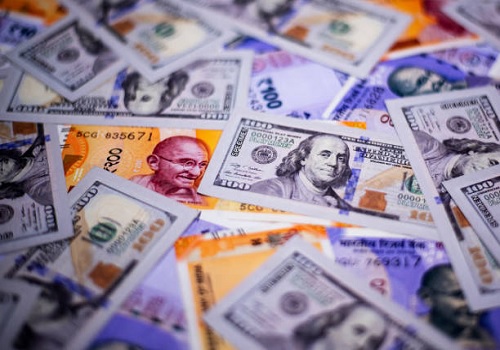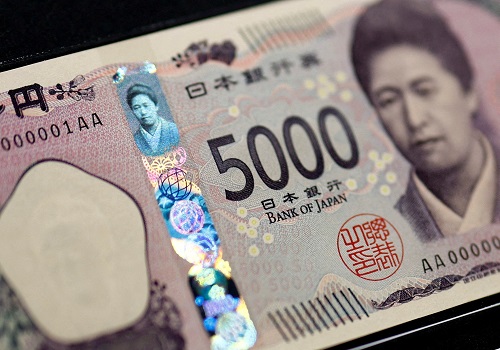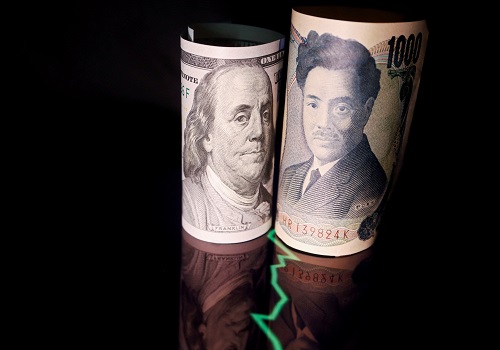Dollar steady as PCE data sets up June rate cut bets; yen in focus
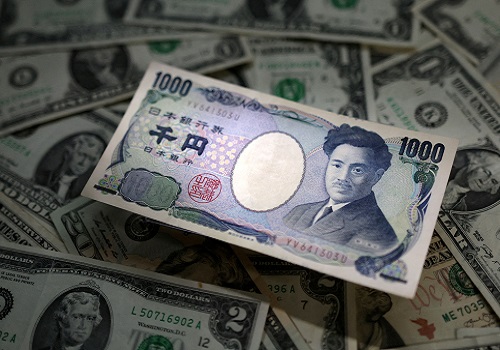
The dollar was broadly steady on Monday as data showing easing U.S. prices bolstered bets that the Federal Reserve could cut interest rates in June, while the yen loitered near 152 per dollar keeping traders on edge on the threat of intervention.
The personal consumption expenditures (PCE) price index rose 0.3% in February, the Commerce Department's Bureau of Economic Analysis said on Friday, compared with the 0.4% rise that economists polled by Reuters had forecast.
The report also showed consumer spending rising by the most in just over a year last month, underscoring the economy's resilience. Most markets across the globe were closed on Friday.
Federal Reserve Chair Jerome Powell on Friday said the latest U.S. inflation data was "along the lines of what we would like to see," in comments that tallied with his remarks after the Fed's policy meeting last month.
Markets are now pricing in 68.5% chance of the Fed cutting rates in June versus 57% chance at the end of last week, the CME FedWatch tool showed. Traders are also pricing in 75 basis points of cuts this year.
Citi strategists said the Fed remains on track to begin cutting rates in June. "If activity holds up, the Fed might deliver three rate cuts this year. But a further softening in labour markets has us expecting five rate cuts this year."
The euro was 0.06% higher at $1.07945, hovering near its more-than-one-month low of $1.0769 touched last week. Sterling was at $1.2637, up 0.12% on the day.
The dollar index, which measures the U.S. currency against six rivals, eased 0.038% to 104.42 but remained close to the six-week high of 104.73 it touched last week.
The spotlight in the currency market has been on the yen as its move toward levels last seen in 1990 revives the threat of intervention by Japanese authorities.
The yen touched a 34-year low against the dollar of 151.975 on Wednesday and was last at 151.315 per dollar, a shade stronger, on Monday.
Japan intervened in the currency market in 2022, first in September and again in October, as the yen slid toward a 32-year low of 152 to the dollar.
Japan's plans for the yen remain difficult to predict. Its fiscal year has ended, meaning the Bank of Japan does not need to worry about sudden yen movement impacting balance sheets.
But news of last week's emergency meeting of the three monetary authorities - the Ministry of Finance (MOF), BOJ and Financial Services Agency - and jawboning from officials seem to have worked to bring the yen back from 34-year lows.
Finance Minister Shunichi Suzuki said on Monday he would not rule out options against excessive currency movement and would respond appropriately, reiterating his warning on rapid yen moves.
Citi analysts still expect the Japanese authorities to intervene somewhere in the 152–155 per dollar zone, pointing out that the yen has weakened against the Chinese yuan as well.
"We do not expect the MOF to intervene in the CNY, but a further rise in this currency pair could be one factor that encourages FX intervention by Japan," they said in a client note on Friday.
In other currencies, the Australian dollar rose 0.21% to $0.654, while the New Zealand dollar was 0.20% higher at $0.599.
In cryptocurrencies, bitcoin last rose 1.83% to $70,927.00. Ether last rose 3.46% to $3,619.20.

















